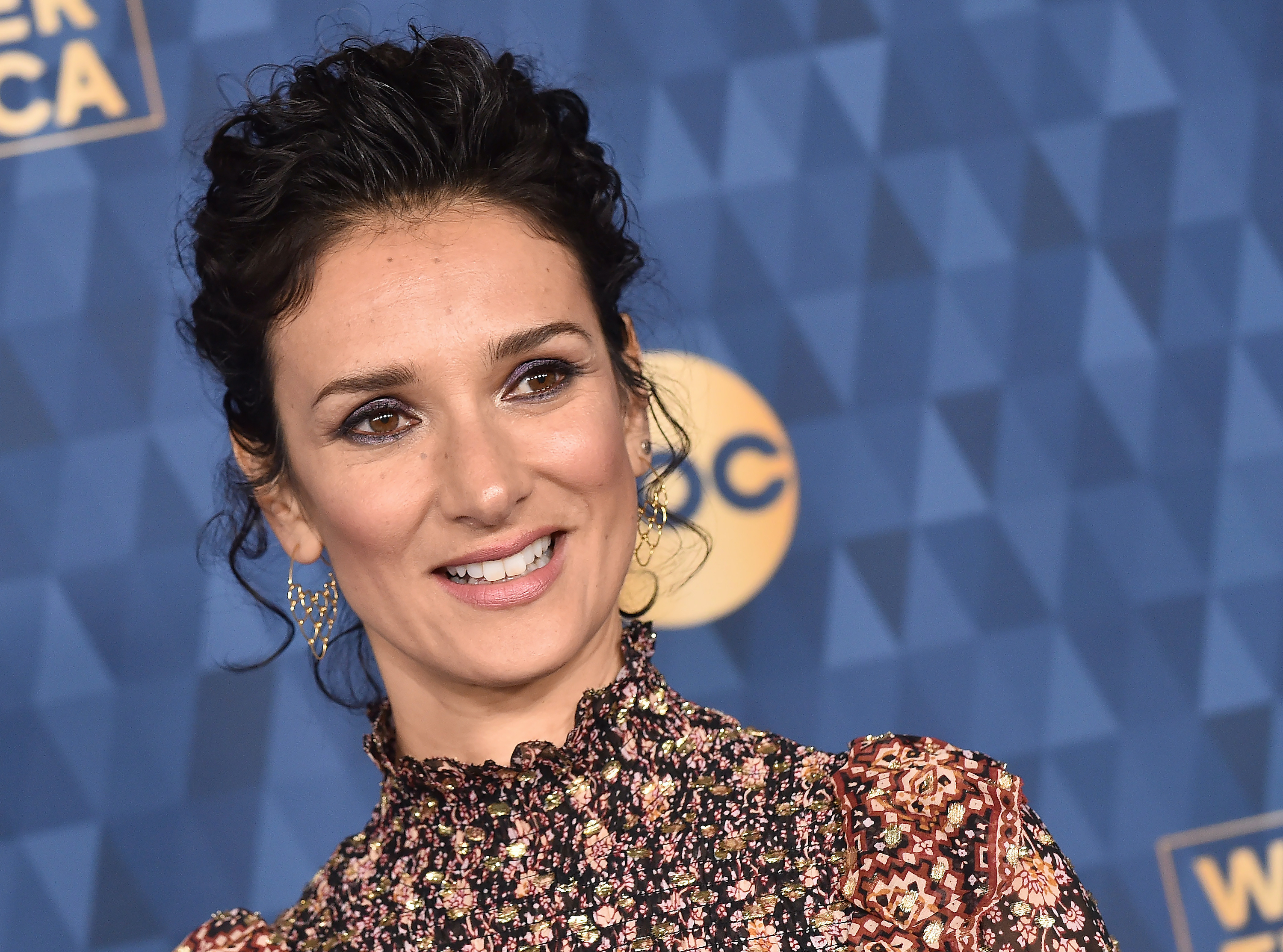We’re one step closer to the Dune prequel, and there’s some serious casting news to share. Emily Watson (Chernobyl, God’s Creatures) and Shirley Henderson (Harry Potter, Stan & Ollie) will be the leading ladies on Dune: The Sisterhood. And, according to Deadline, they’ll be joined by Indira Varma, best known for her work in Game Of Thrones, Obi-Wan and Carnival Row.
The show, ordered as a series by HBO Max in 2019, takes viewers back 10,000 years prior to the ascension of Paul Atreides, the protagonist of the first two novels in the Dune series written by Frank Herbert in the 1960s.

Watson is slated to take on the role of Valya Harkonnen, while Henderson will portray Tula Harkonnen. The sisters have risen in the ranks of a secret organization of women known as the Dune Sisterhood. The series will follow them as they take on forces threatening to take down humankind.
Watson has received two Oscar nominations for Best Actress. The first came for her role in Breaking the Waves (1996), and the second honored her work in Hilary and Jackie (1998). She received an Emmy nomination for supporting actress in Chernobyl.
Henderson is widely known for her role as Moaning Myrtle in Harry Potter and the Chamber of Secrets and Harry Potter and the Goblet of Fire. She also appeared in the Bridget Jones franchise.
For her part, Varma will play Empress Natalya, a character who united worlds when she married Emperor Corrino and who is described as “formidable.” (We have no doubt.)
Of course, they won’t be the only names in the credit. Creator Diane Ademu-John, whose credits include The Haunting of Bly Manor (2020) and Empire (2015) will act as an executive producer, co-showrunner, and executive produce.
Johan Renck, who won a pair of Emmys for his roles as executive producer and director on Chernobyl, has been tapped to direct the premiere episode of Dune: The Sisterhood. It’s unclear when that will air, but we do know Denis Villeneuve, who directed, co-wrote, and produced last year’s Dune flick, will be another executive producer. Other executive producers include Jon Spaihts, Scott Z. Burns, Matthew King, John Cameron, Cait Collins, and author Brian Herbert.
With a cast and crew of this caliber shaping up, we’re more than ready for a night of binge-watching.
The 2021 film adaptation of Dune scored 10 nominations at the 94th Academy Awards, including Best Picture and Best Screenplay. The movie took home the most hardware, winning Best Sound, Best Original Score, Best Film Editing, Best Production Design, Best Visual Effects, and Best Cinematography. A sequel is set for November 2023. For now, we’ll wait on bated breath for more news on the Dune prequel series on HBO Max, which seems to be banking on prequels lately (See: House of Dragon).



